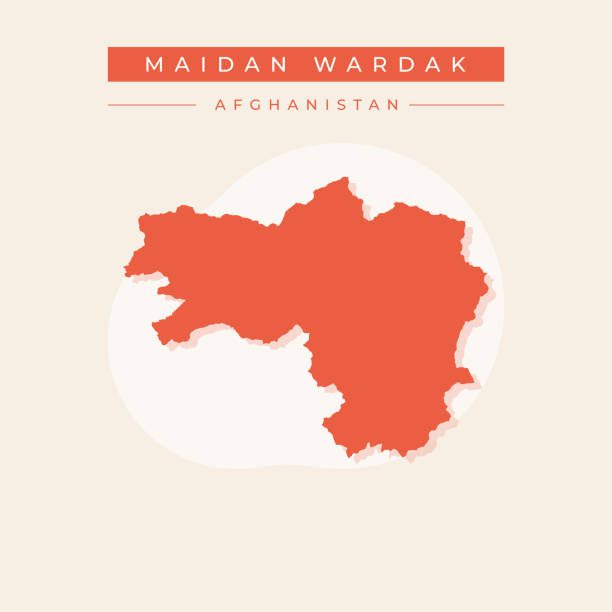The Center for the Scientific Study of Families reports are designed to provide relevant information about the conditional state of families in a specified context. The report provides information such as population, culture, family structure, and family life.
Family reports are an important tool for improving the lives of families. By providing information about the family’s conditional state and context, family reports can help improve communication between families and service providers and lead to better outcomes for families and children.
Overview
Wardak, also known as Maidan Wardak, is one of the 34 provinces of Afghanistan. It is located in the central region of the country, bordering Parwan to the northeast, Kabul and Logar to the east, Ghazni to the south, and Bamyan to the west. The capital of Wardak is Maidan Shar, which is located about 35 kilometers from Kabul. Wardak is a mountainous province, with the majority of the province being used as rangeland. The majority of the population is Pashtun, with a significant Tajik minority. The economy of Wardak is based on agriculture, with wheat, fruits, and barley being the main crops. There is also some livestock farming in the province. Wardak has been a volatile province in recent years, with the Taliban and other insurgent groups active in the area. In 2021, the Taliban took control of Wardak during their offensive, that led to the collapse of the Afghan government. Despite the security challenges, Wardak is a beautiful province with a rich history and culture.
Ethnic and Cultural Diversity
Wardak is home to a diverse population representing various ethnic groups, with each group having its own distinct cultural practices and traditions. The predominant ethnic community in the province is Pashtun, at 25-30%. A 2017 report from the Naval Postgraduate School names the following ethnic groups in Wardak: Hazara, Tajik, Pashtun, Kuchi, and Qizilbash. Also named are the religious groups, Shia and Sunni Islam. The same source reports that approximately 500,000 people reside in the province (at that time).
Marriage & Divorce Statistics
Our research did not reveal specific data for marriages in Wardak. However, we were able to identify a more general report from the United States government covering human rights practices in Afghanistan. Afghan law sets the minimum legal age of marriage at 16 for girls and 18 for boys. However, due to poverty and customs, child marriage is still a major issue in Afghanistan. While divorce is technically legal in Afghanistan, it is difficult for women to obtain. Men can divorce their wives without a court order, while women face significant social and legal obstacles when seeking a divorce.
Family Life in Wardak
Despite having deep-rooted traditions, family life in Wardak faces difficulties due to historical, social, and economic factors. Years of conflict and insecurity have impacted family dynamics and community resilience. Efforts to promote gender equality and women’s empowerment are met with cultural norms that can be resistant to change. Access to education, healthcare, and economic opportunities remains uneven across different ethnic groups and regions. It’s important to remember that family life is complex and multifaceted, and individual experiences can vary widely even within the same ethnic group.
Conclusion
Family life in Wardak, Afghanistan, is characterized by rich cultural practices, traditions, and values. The province’s diverse ethnic groups contribute unique elements to the intricate social fabric, fostering intergenerational bonds, resilience, and a sense of identity. The families in Wardak are facing many challenges. However, they are also resilient and resourceful. With support, they can overcome these challenges and build a better future for themselves and for their province.





